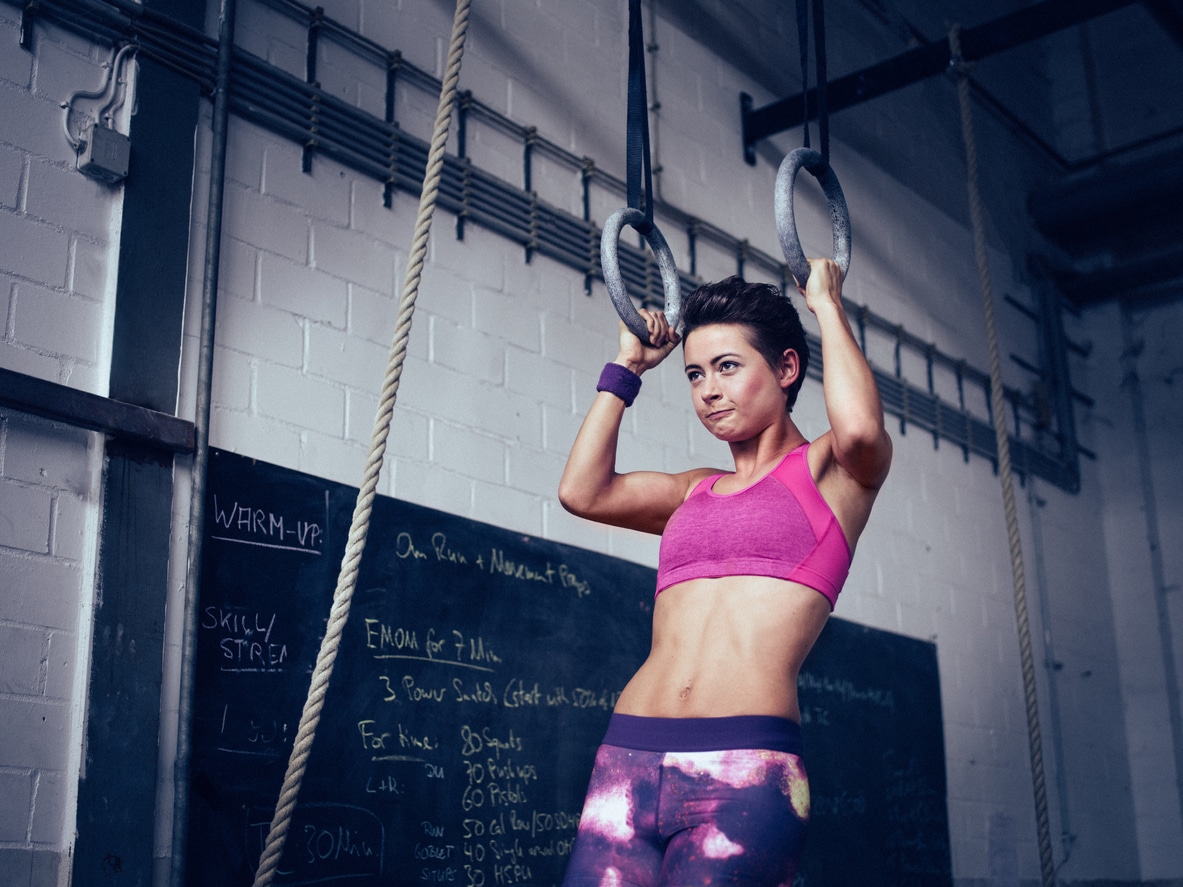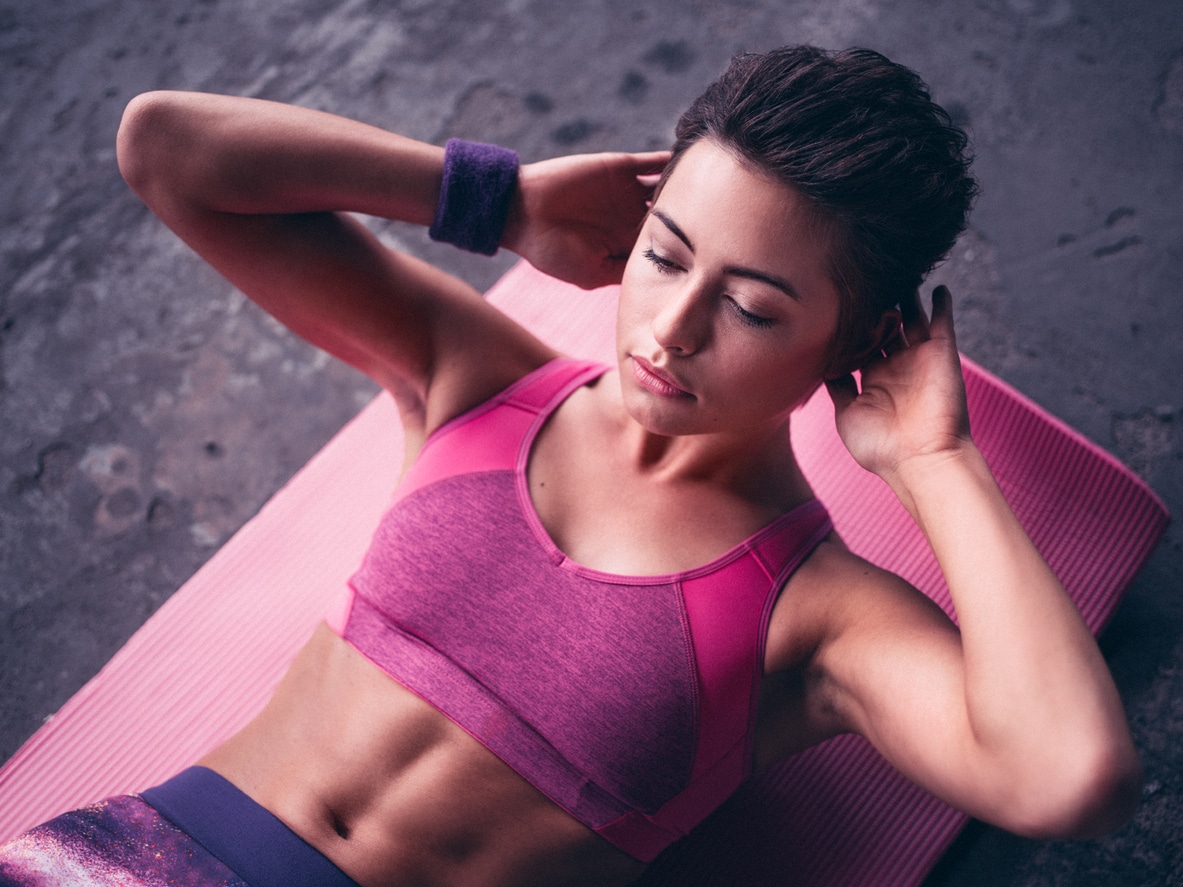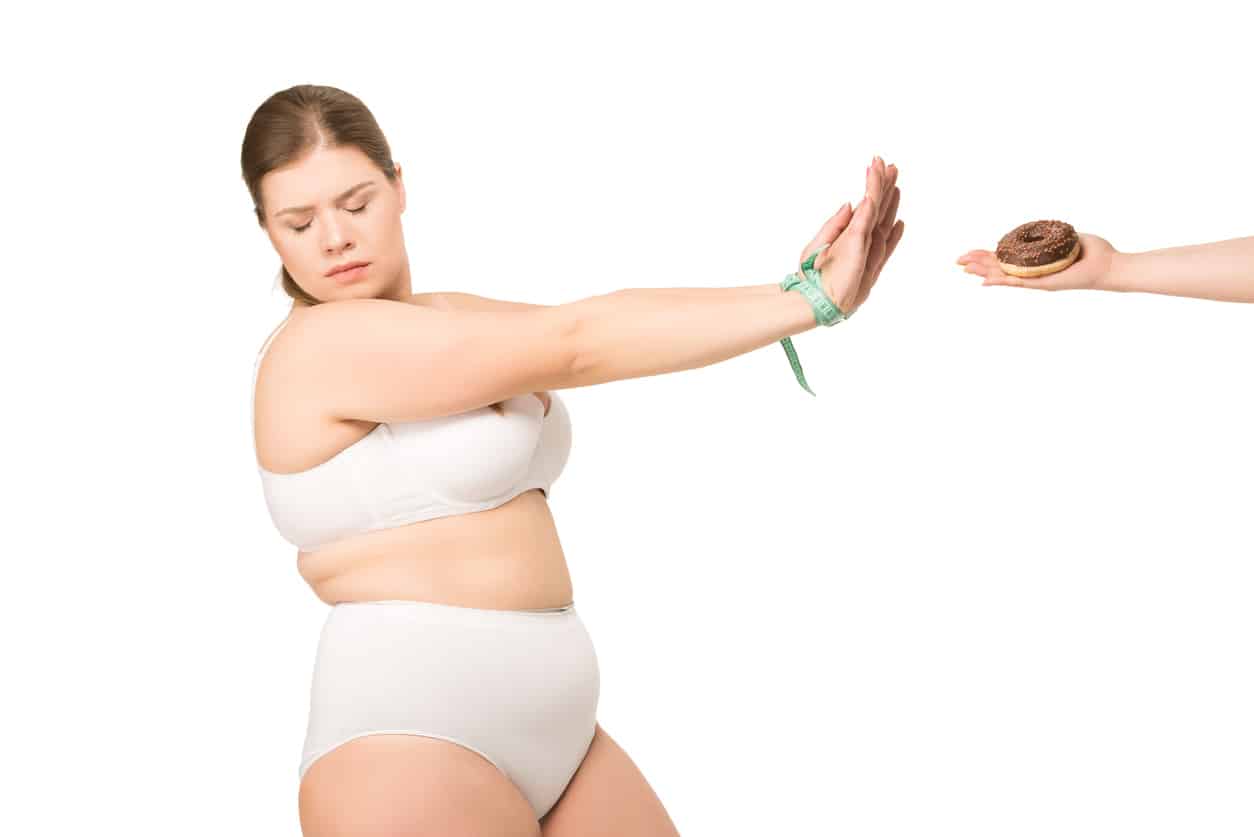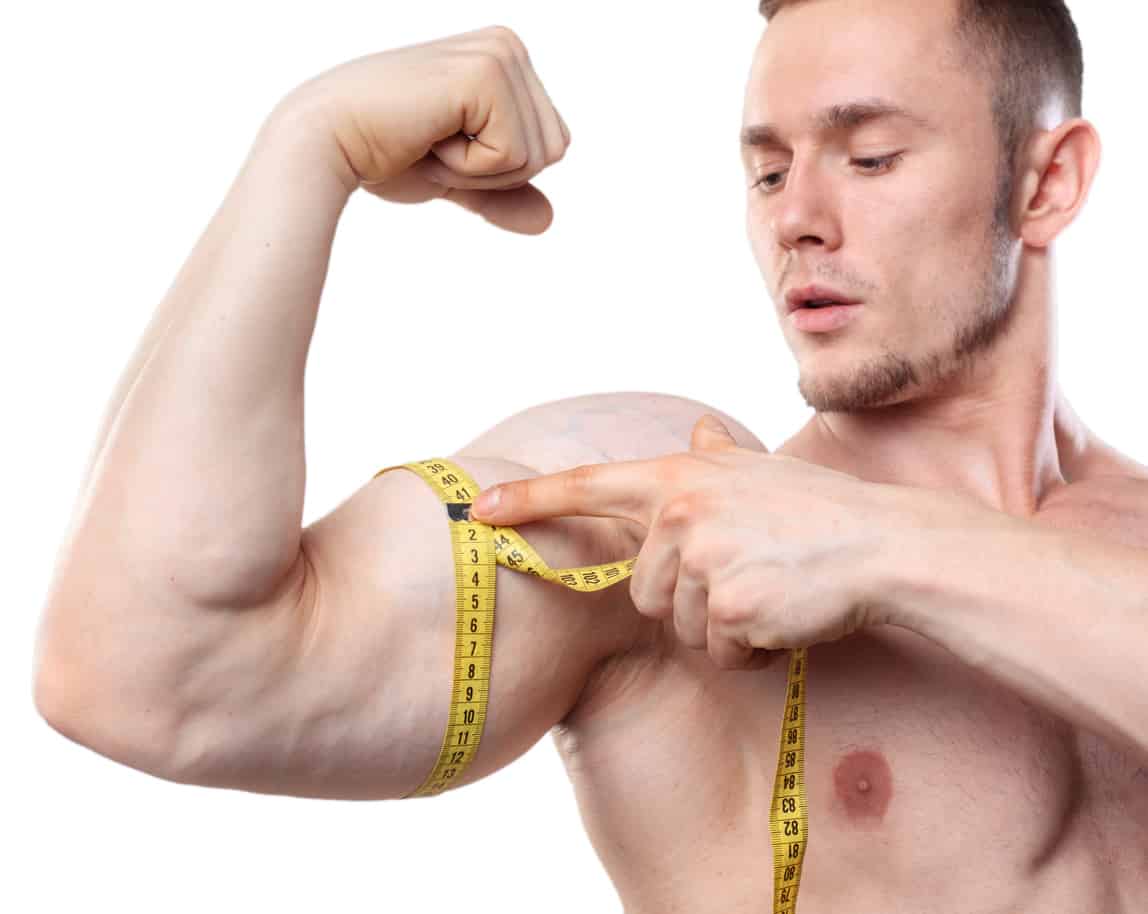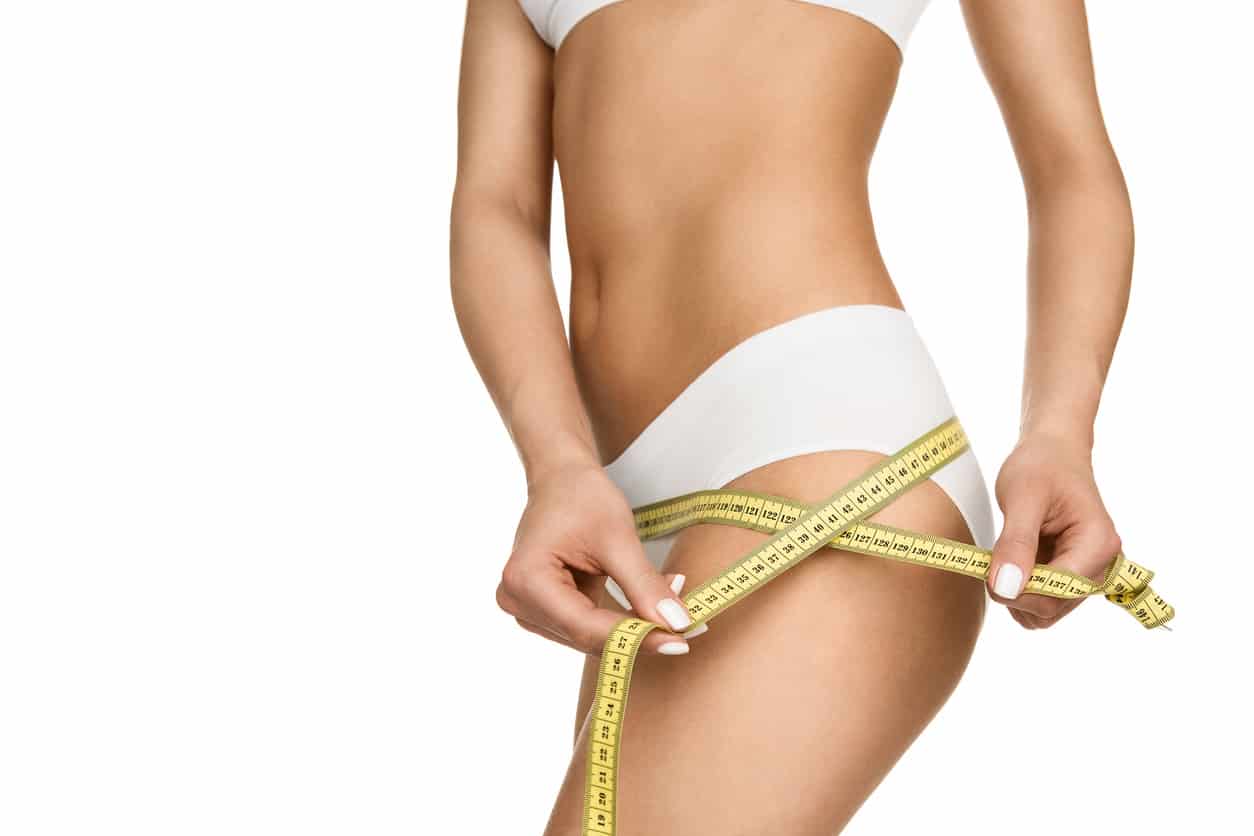Low on Weights?
12 Ideas for Resistance Training Without Weights
Don’t think you have the budget to get fit? Think again! Try these creative ways to log your resistance training without shelling out for a weight set.
Staying fit doesn’t require a gym membership, nor does it require setting aside a block of time for a full work-out. You can build a resistance training program that can be done anywhere and at any time. Best of all you eliminate the pressure of exercising in front of others.
Imagine working out at the beach on Sunday, in your backyard on Monday, and the park on Tuesday. Experiment and find an inviting place to work out where you are most energized. Grab a yoga mat and get to work using the best bodyweight exercises for your desired results.
Develop a plan and work at your own pace reaching your individual goals. Exercise routines that are free of equipment give you the same results as weights if you know how to work the right muscles.
Ready to work-out without spending money on equipment? Continue reading for 12 resistance training ideas that don’t require weights.

1. Lunge Variations
Lunges are a popular way to do leg workouts at home. There are numerous versions, so you never get bored.
The standard variation, or bodyweight lunge, requires you to stand up straight with your shoulders back and chin up. Step forward with your left foot and with a tightened core, lower your hips and bend your knees at a 90-degree angle. Keep your left knee level with your ankle and lower the back knee, but do not let it touch the ground.
Using your front heel for support, lift the body back up into the standing position. You can do multiple reps with the left knee leading and then switch to the right.
Once you’ve mastered the lunge, switch it up and incorporate the following into your sets.
Curtsy
The curtsy gets its name from the British greeting for women and girls. In this variation, you will start with your feet hip-width apart. Step backward with one leg and cross it behind you. Follow the steps of lowering your body.
Reverse
With the reverse lunge, you will follow the same steps as the standard lunge. In this rep, the emphasis will be on the back leg. Use it to lower the body, and the ball of the foot to lift the body back up.
Walking
The walking lunge follows the steps of the standard lunge. Instead of doing reps with the left leg and then the right leg, you are going to switch things up. After returning to the standing position step forward with the right leg and go into the lunge.
Continue the motions and move around the room. This is a good time to incorporate small weights if you have them. Raise your hands to shoulder height and reach to the ceiling with each step.
2. Burpees for Resistance Training
Burpees are a good exercise and the key benefits is strength building. There is a burpee for beginners. Once you master these motions we’ll get into the advanced version.
Start in the standing position. Squat down and then kick your legs back until you are positioned on your toes. You will be in a position similar to a plank (we will cover planks later). Bring your legs back into a squat and stand back up with your arms reaching upward.
Continue doing this until your motion becomes fluid.
Now that you have the burpee down interject a push-up when the body is in plank position. Follow that up by jumping up instead of merely returning to the standing position.
3. Mountain Climbers
Mountain climbers give you a full body work-out. It also increases your heart rate for a high-quality cardio exercise and a natural shot of energy.
With your arms at your side and feet shoulder-width apart, squat to the floor and position your hands shoulder-width apart on the floor. Go into the plank position with your arms straight. Do not lock your elbows.
Begin with your left leg. Bring it forward with your knee towards the chest, extend it back out and bring up the right knee. Continue this rotation for your desired set of reps.
Between sets bring both feet forward and jump up similar to a burpee. Rest for about 15 – 30 seconds before starting the next set of reps.
4. Chin and Pull Ups
These upper body exercises will require a sturdy bar high enough to extend your arms over your head. Your feet should not touch the ground between reps. If you are tall or the bar is too low, bend your knees and cross your feet at the ankle.
The difference between the two exercises is the positioning of the hands on the bar. The biceps will get a good work out but the pull-up will have more emphasis on the muscles in the back.
Start with your arms straight but do not lock your elbows. With your hands on the bar shoulder-width apart, pull yourself up until the chin passes the top of the bar. For the chin-up, the palms of your hands will be turned inward. Having the palms turn outward is the position for the pull-up.
Once you have pulled the body up, hold the position for several seconds before descending back down.
5. Planks
Planks, like lunges, can be done in numerous variations. If you’re looking for at home exercises, place this one at the top of your list. We do suggest that you have a yoga mat or some other protective cushioning for your elbows.
The simple forearm plank is used to strengthen the core muscles by forcing you to stabilize your body. For this exercise lie on the ground with your body face down and feet spread waist-width apart. When you lift-up into the plank position you will be supported by the toes and ball of the feet.
Rest your body on your elbows with the forearms resting on the floor and hand clasped. The elbows should be shoulder-width apart and your body straight using your core muscles. Hold the position for at least one minute and challenge yourself to increase the time with each rep.
6. Push-Ups
Do push-ups for resistance training to strengthen the triceps. They also work to build your core muscles. Push-ups can be done the traditional way or the less strenuous method designed for women. You also can vary the placement of the hands to direct the elbows outward or backward.
Stretch out on the floor face down. With your hands should-width apart and in the desired position bend your elbows and push the body up.
To start the exercise, bend the elbows and lower your body stopping before the chest or breast touch the floor. Do short counts before pushing the body back up. Remember, when the arms are straightened, stop before the elbows lock.
Do as many reps as you can before coming to a full rest.
7. Posing for Balance
Resistance training isn’t just about toning, it is also about building core strength that helps the body support your spine. Posing are exercises that help with balance which is the result of a strong core. You will find these techniques in yoga classes but they also provide good at home exercises.
Chair
You won’t need a chair for this pose because you will become the chair. Stand with your feet together. Put your weight into the heels of your feet as you bend your knees into a sitting position. Raise your arms upward with palms touching.
Hold the pose for a minimum of 10 seconds and then repeat the motion.
Tree Pose
Stand straight with your feet flush together. Bring your right foot up and rest it on either the inside of your lower left thigh or below the left knee. Turn the right knee outward and bring your hands up to the center of your chest pressed together.
Take a deep breath and hold the pose for three – five seconds. Release and repeat.
8. Jumping Jacks
If you had physical education classes in school you should have jumping jacks mastered already. Some people may not think of them for resistance training but they are a total body workout. Jumping jacks target the glutes, quadriceps and hip flexors.
You will also work your shoulders and core muscles. Even better, the help with speeding up your metabolism.
Start by standing straight with your hands down by your sides and palms facing your outer thighs, and feet together. Jump up about two-three inches from the ground spreading your legs shoulder-width or wider. At the same time bring your arms out and up until they meet above your head.
Bring your arms back to your side and your legs together. Repeat this motion nonstop as you count out your jumping jacks. A good warm-up would be 50 – 100 jumping jacks.
9. Sit-ups
Sit-ups have many benefits, the most popular is tightening stomach muscles and strengthening the core. Here are two variations. Both start with a standard sit-up position.
Russian Twist
With legs shoulder-width apart and the palm of your hands together, bend your knees slightly and lift your legs off the ground. At the same time lift your upper body as if you are doing a sit-up. Twist the torso to the left and then the right, twice.
Exhale and relax the body on the mat. Repeat for the desired sets
Scissors
Position your arms against your sides with palms facing down. Tighten your abs and raise both legs toward the ceiling. Lower the left leg to about two inches from the ground. Raise the left leg while lowering the right.
Repeat the repetition for 30 – 45 seconds.
10. Step-ups
Step-ups are a bodyweight exercise that only requires a sturdy bench that is at least knee high. With hands to you side step-up onto the bench with your left foot. Step down and then step-up with the right.
Your reps can be a straight left leg and then the right, or you can rotate left right left… The goal is to do a continuous 10 step-ups per set. You can also use weights for better resistance.
11. Triceps Dip
Triceps Dip will require a prop. It can be a chair, the edge of a sofa, or a step outside your house. Almost anything that is sturdy and can support your weight without tipping over can be used.
Sit on the edge of the chair with hands shoulder-width apart and palms down. Extend your legs out and then slide your butt off of the chair. Straighten your arms but do not lock your elbows.
Use your arms to lower and lift your body. If using a chair do not go lower than six inches from the seat. When using a step or box that is lower to the ground, do not let your butt touch the surface below you.
Try to perform about 15 reps per set. Return to the seat between sets to allow for a 10-second recovery.
12. Arm Circles
If you are looking for upper body exercises to target the back, shoulders, biceps, and triceps, arm circles are a perfect choice. Arm circles are also a great warm-up exercise that can help prevent injuries.
They are quite simple to execute and can be done while at work during a five-minute break. Start by standing up and extending your arms out with the palms of your hands facing the ground. Do a forward circular motion creating circles that are one foot in diameter.
Continue the rotation for about 10 seconds, or 10 rotations. Stop and then do the same in a backward rotation. One forward and one backward rotation represent a set. You can increase the time of the rotations or the number of back and forth reps, as your arms strengthen.
Also, consider adding small weights for additional resistance.
You’re Now Ready to Log Your Workouts
Now that you know resistance training doesn’t have to come with great expense, what are you waiting for? Before starting your weight-free workouts we recommend consulting with your physician first. Once you get the go-ahead, log your results and celebrate your successes.
Did you find these at home exercises useful? Click here to check out our nine-week body transformation challenge.

